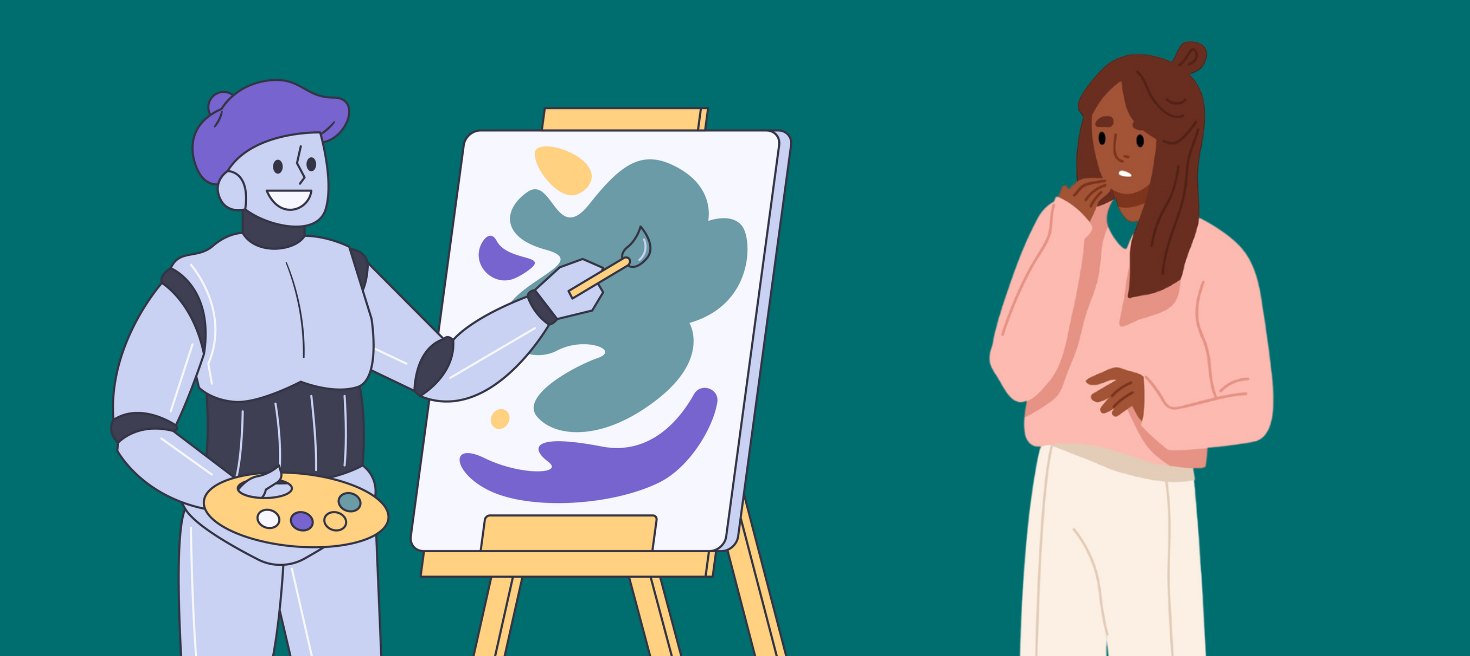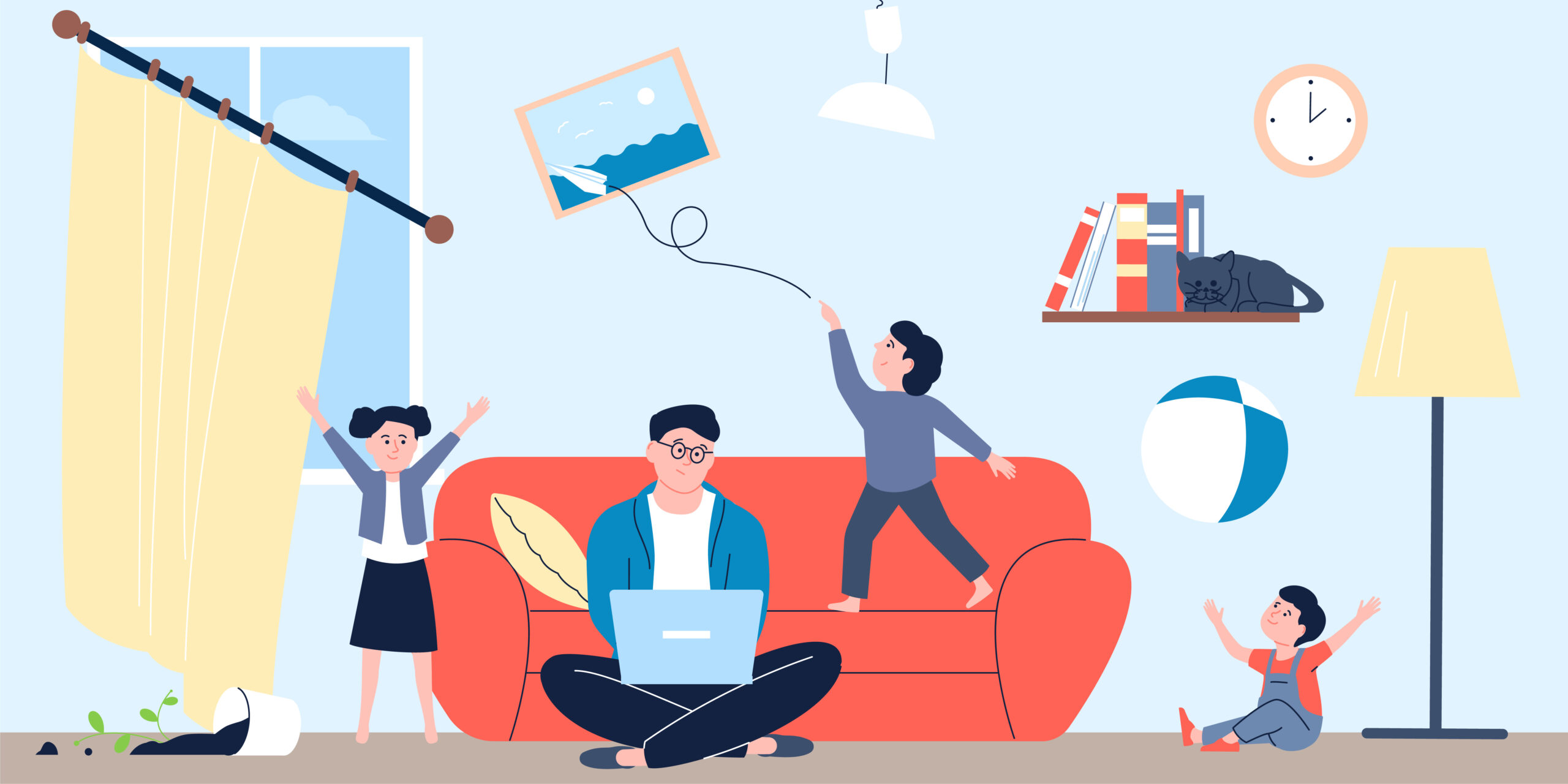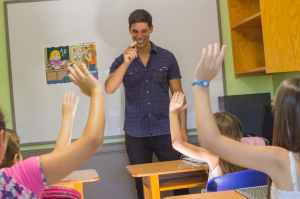
You are somewhat new to Brooklyn. Where are you from?
In October 2018, I went on vacation to New York City. On the first day of the trip, I met a girl and fell in love. I moved here in June 2019, and we got married one year to the day we met.
What do you do?
Since moving from Buenos Aires, I’ve tried a variety of jobs. I’ve been a hot sauce brand ambassador, kids’ entertainer, landscaper, model, and managed the build team around massive art and music installation. This ambitious project took me to Burning Man last year. These diverse experiences allowed me to learn more about myself and helped guide my thinking about what career path to pursue. I wanted to do something with more long-term growth potential — not just pursue gigs for a paycheck.
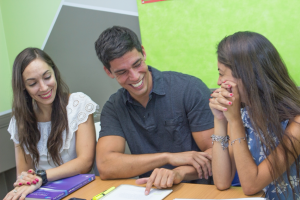
What did you do in Argentina?
In Argentina, I taught English as a second language for 14 years and own a school with a staff of 8 people and over 100 students. I did not initially plan to go into education here. Ultimately, however, I decided that it would be smart to use my experience and expertise and started to teach again. Two other things factored into this decision: many friends and friends-of-friends had expressed interest in learning Spanish, and the building I live in has beautiful offices for tenants to use, which could serve as my classrooms.
I took several weeks at the end of 2019 to research and plan the classes and materials. Teaching Spanish was a first for me — but I trusted that my teaching skills and experience would translate from one language to the other.
When did you start your new teaching venture?
My new venture started in January 2020. I was excited to work with enthusiastic, curious students. After the first few classes, many of my students were happy and spread the word. I finished my first month with eight students. I thought: “not bad considering that I was only teaching adults who wanted to learn Spanish as a hobby!” In February, I posted an ad on the building’s online bulletin board advertising a free first class, which brought in more people. By the end of the month, I had around 15 students in the evenings, which left me with some time off in the morning and early afternoon to do other work. I also created an Instagram account to help get the word out.
What happened to your job or business as a result of C19?
March started promisingly — I reached the goal of 20 students that I’d set for myself. I was happy to be able to focus on giving the best possible classes rather than on how to get more students. But then coronavirus hit and everything changed. In just seven days, I had to figure out how to continue my classes in this new era of social distancing. While I had been asked to teach remotely before, I never gave it much thought — that is, until I had no other choice.
I did not want to give up my new venture, so I took a crash course in Zoom and looked up resources online to help maintain the quality of the learning experience. But unfortunately, many of my students had lost their jobs and could no longer afford to take lessons with me. In comparison with rent and food, my classes were not “essential.” I offered discounts and payment plans, but unfortunately, it still didn’t fit their budget — and just when things started to take off.
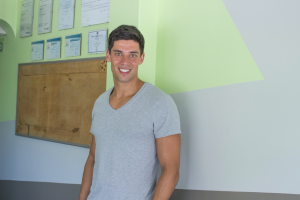
How have you adapted to the realities of C19?
In Argentina, crisis is our baseline. We continuously have to adapt to changes — either because of currency devaluation or due to bad government decisions that disproportionately affect small businesses and entrepreneurs. I knew I had to reinvent myself, once again. I tried to see the light at the end of the tunnel.
I decided to continue with my classes, as much for the few adult students I retained as for myself since teaching offered me an escape from isolation and an opportunity to socialize — if distantly. And I decided to turn to those for whom learning is essential: families with school-age children. I joined a Facebook group for parents and offered my services as a tutor, figuring that homeschooling is not an easy task and that with many parents still working, I could help.
What has been the result of your adapted mode of work?
By the end of March, I had my first family clients! And after having classes with their children, I’m getting more emails from their references. In this new age of COVID-19, I am dealing with challenges by trying different ideas. In many ways, I feel fortunate that I’ve had to adapt to crisis in the past because that ability is serving me well today.
Check out Federico on Instagram, @profedenyc
About the author.
An award-winning creator and digital health, wellness, and lifestyle content strategist — Karina writes, edits, and produces compelling content across multiple platforms — including articles, video, interactive tools, and documentary film. Her work has been featured on MSN Lifestyle, Apartment Therapy, Goop, Psycom, Pregnancy & Newborn, Eat This Not That, thirdAGE, and Remedy Health Media digital properties.


